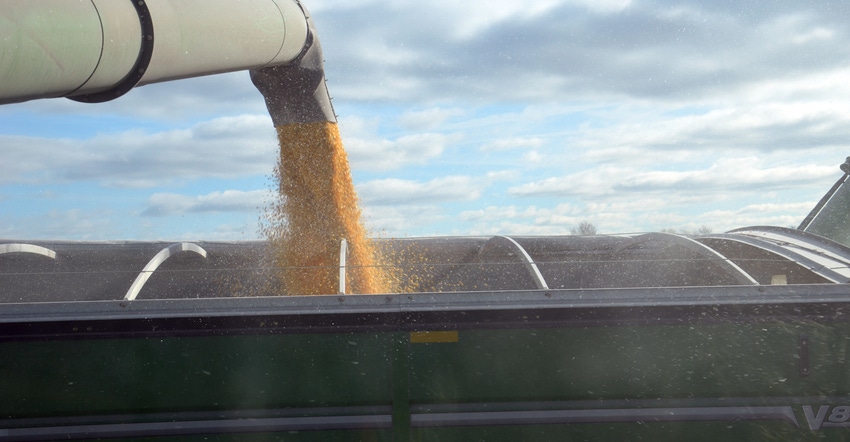June 23, 2022

Fallout from the Salamonie Mills grain elevator failure resulted in legislation updating the Indiana Grain Indemnity Fund law in 2021. One upshot of that legislation is that the Legislature requested a performance review of the Indiana Grain Buyers and Warehouse Licensing Agency. The agency is under the wings of the Indiana State Department of Agriculture. Bruce Kettler is director of ISDA.
In early June, Kettler announced that Crowe LLC, a third-party firm, was hired under a one-year contract to conduct a performance review of IGBWLA’s auditing practices and procedures.
Why did it take a year to put this review in motion? How will it unfold? After the review, will you be at less risk from an elevator failure? How can you lower your risk now? Kettler answers these questions.
Why did it take time to get a performance review underway? We work through processes established by Indiana statutes. This request for a performance review was basically an unfunded mandate. The Indiana Grain Indemnity Corp., or IGIC, agreed to fund it if the cost was below $75,000 at IGIC’s November 2021 meeting. The Indiana Grain Buyers and Warehouse Licensing Agency and IGIC are two separate, distinct entities. IGIC is governed by a board which oversees collection and disbursement of funds.
Once we defined what the performance review should look like, it went out to bids. Then other state agencies reviewed the process and approved it.
How will the process unfold? The third party has up to a year to complete the review. The director of the agency will provide all documents they wish to examine.
As director of ISDA, I welcome the review. It’s a good opportunity to see if new practices and procedures that could help the agency become more efficient. If the staff needs more training in certain areas, it should come to light during the review.
What should the outcome be for farmers? The goal will be incorporating recommendations from the review and improving the agency’s ability to track financial health of licensees. There are currently about 200 licensees operating at some 350 locations. The agency only has a small number of auditors. Licenses must be renewed annually, and if a grain buyer is having financial issues, our goal is to know it and monitor the situation. The agency has authority to do unannounced inspections, and it does. Yet they can’t be everywhere all the time. It’s important to remember that requiring a license doesn’t guarantee everyone is a superior manager. Think of it this way: Millions of people are licensed drivers, but not everyone is a good driver.
How can farmers lower their risk of being caught on the wrong side of a licensee failure? If something doesn’t seem right in how a grain buyer operates, let the agency know. For example, if checks don’t clear or you’re asked to hold a check, that’s a red flag. If the agency doesn’t know, it can’t respond.
People don’t like turning in friends or neighbors. We get it. However, it’s a matter of business today. Step forward and let us know. Call 317-232-1360 or email [email protected].
You May Also Like




